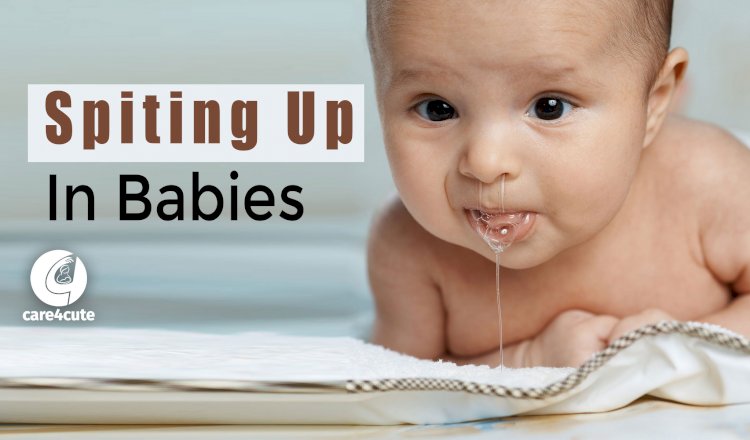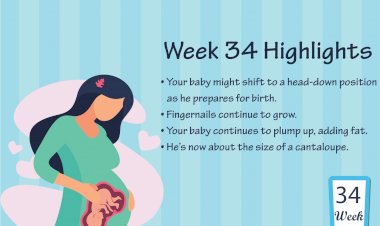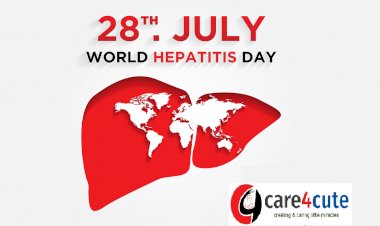Spiting Up Babies: Which is Normal and which is Abnormal

Spiting Up Babies: Normal or Abnormal
If your baby spit up after taking breast milk or formula feed what seems like all of it. You think is this normal or some serious problem? Here you can find out the possible causes of spitting up in babies, and what you should do:-
Cause:-
Spitting up in healthy infant is common. During their first three months, about 50% of all infants experience their feed coming back up into the esophagus, this condition also known as gastro esophageal reflux disease, infant reflux or infant acid reflux.
Generally, a muscle between the esophagus and the stomach (lower esophageal sphincter) keeps stomach contents stay where they belong. If this muscle is not matured the spitting up can be an issue. Especially if your baby is relatively full.
Difference between Spitting up and Vomiting:-
Spitting up: - It’s the easy flow of a infant's stomach contents through his or her mouth, especially with a burp.
Vomiting: - It’s occurs when the back flow is forceful. Throwing out stomach contents inches far rather than dribbling from the mouth.
Normally spitting up doesn't interfere with an infant's health. As long as infant seems comfortable, playful, eating well and gaining weight, there's not a cause for concern. If your baby is gaining weight it means he or she is not being harmed by the spitting up.
Always remember that it's very easy to overestimate the amount your baby has spitting up based on the size of a spit-up stain. Most infants stop spitting up by age 1 year.
Precautions you can follow:
- Keep your baby upright position: - Feed your baby in a upright position. After each feed keep baby in an upright position for 10 minutes at least. Avoid immediate activity or play or use of an infant swing.
- Do not overfeeding: - Do not over feed baby but feeding your baby smaller amounts, more frequently will help.
- Take time to burp your baby: - Frequent burps during and after each feeding can keep air out from your baby's stomach.
- Put baby to sleep on his or her back. To decrease the risk of sudden infant death syndrome (SIDS), it's very important to your baby to sleep on his or her back.
- Change mother’s diet: - If infant on breast-feeding, Doctor might suggest mother that eliminate dairy products or certain other foods from her diet.
Signs of abnormal spitting up:
Some signs and symptoms may indicate an underlying medical condition of spitting up. Immediate consult a Pediatrician if you notice any of these:
- Infant is not gaining weight.
- If baby spits up forcefully.
- If spitting-up is green or yellow fluid instead of milk.
- If spitting-up blood or a brownish matter that looks like coffee grounds.
- If baby refuses feed repeatedly.
- If baby has blood in stool.
- If baby has difficulty in breathing or otherwise looks sick.
- If baby starts spitting up at age 6 months or older.
- If baby cries for more than 3 hours a day and is more irritable than normal.
- If baby have fewer wet diapers than normal.
Treatment depends on underlying cause of the problem. Special feeding techniques might be helpful. In other cases, the doctor might prescribe medication to treat reflux.



































Comments (0)